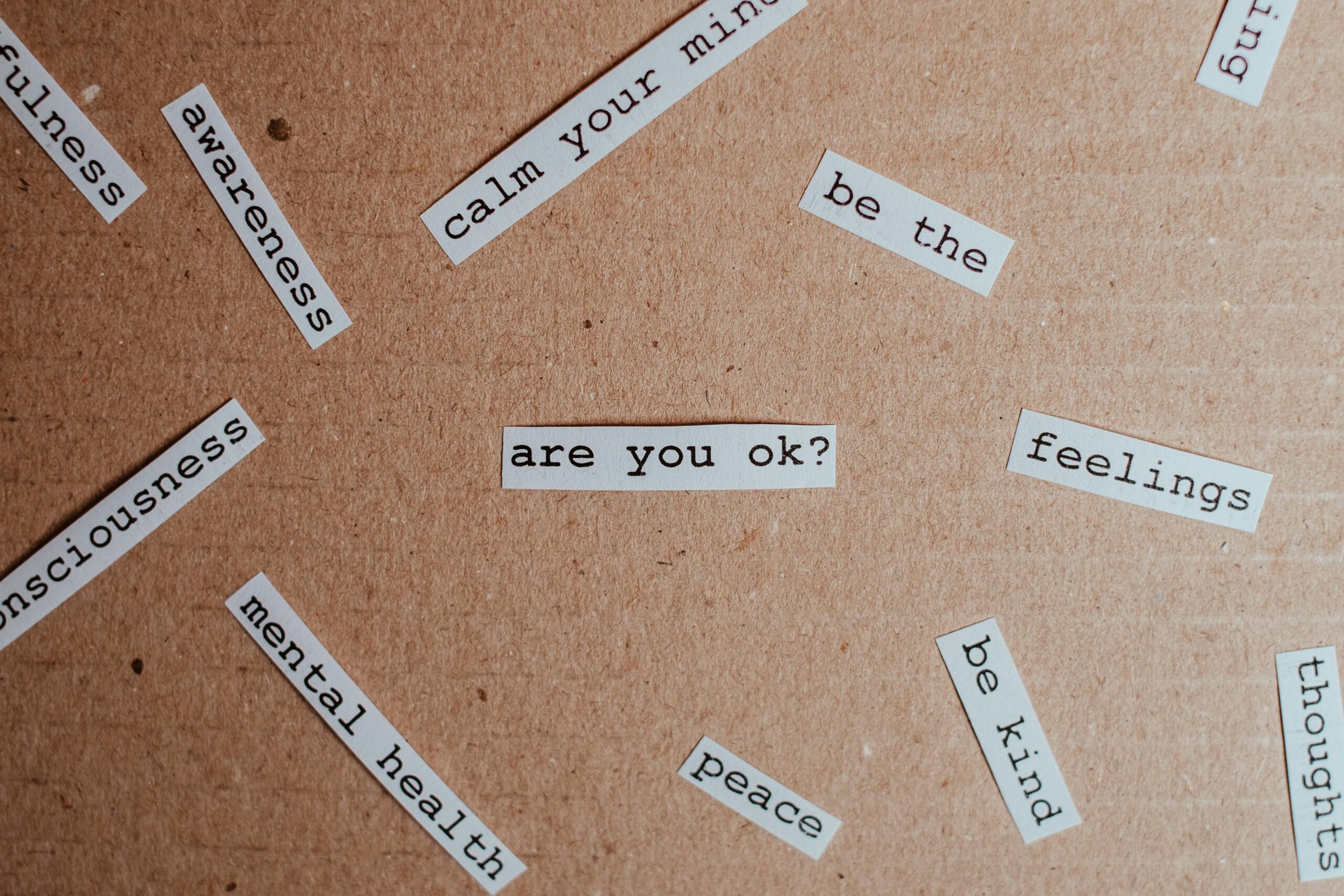Physical Address
304 North Cardinal St.
Dorchester Center, MA 02124
Physical Address
304 North Cardinal St.
Dorchester Center, MA 02124

Our thoughts aren’t just fleeting moments they have a powerful ripple effect on every part of our lives. The way we think influences the decisions we make, the emotions we feel, and even how we interact with others. When negative or distorted thinking takes over, it can quietly sabotage our happiness, confidence, and success without us even realizing it. Understanding this can change everything from how you handle stress to how you build relationships.
Have you ever walked away from a conversation replaying every word you said? Or feel like one small mistake means you’re a total failure? These aren’t just bad moods they might be thinking habits known as cognitive distortions.
They’re sneaky, automatic patterns that can make your day feel heavier than it needs to. Let’s break down some of the most common ones, how they mess with your perspective, and what you can do to change them.
What it is:
You see everything as black or white success or failure, good or bad. There’s no middle ground.
How it affects you:
This kind of thinking can make one mistake feel like a complete disaster. You might avoid trying things altogether out of fear you won’t do them perfectly.
Solution:
Practice looking for the gray. If you didn’t ace the presentation, did you still show up, try hard, and learn something? Progress is still progress, even if it’s not perfect.
What it is:
You take one negative experience and assume it applies everywhere.
For example: “I failed that interview I’m terrible at all interviews.”
How it affects you:
It leads to low self-confidence and a false sense that things will never work out, no matter what you do.
Solution:
Stick to facts. Instead of “I always mess up,” try “That interview didn’t go well what can I improve for next time?” Remind yourself that one moment doesn’t define every outcome.
What it is:
You focus only on the negative details and ignore anything positive.
How it affects you:
Even when good things happen, they don’t register. You might obsess over the one piece of criticism and completely miss the five compliments.
Solution:
Start tracking positives. At the end of each day, write down three things that went right even small ones. Training your brain to notice the good takes practice but pays off.
What it is:
You expect the worst-case scenario always. A stomach ache becomes “I probably have something serious.”
How it affects you:
This thinking ramps up anxiety and makes daily problems feel like emergencies. It’s exhausting.
Solution:
Ask: “What’s most likely to happen?” and “If the worst did happen, what would I actually do?” Ground yourself in probability and your own ability to handle things.
What it is:
You blame yourself for things that aren’t entirely your fault or feel responsible for other people’s emotions.
How it affects you:
You carry guilt or stress that doesn’t belong to you. You might say, “They’re upset, I must have done something wrong.”
Solution:
Check the facts. Are you assuming responsibility, or is that just your guilt talking? You can care about others without owning their reactions.
What it is:
You assume you know what others are thinking and usually assume it’s negative.
How it affects you:
You might avoid conversations or spiral into self-doubt based on imagined judgments that may not even be real.
Solution:
Unless someone says it out loud, you don’t know. Ask questions, or let it go. Mind-reading is exhausting and rarely accurate.
What it is:
Instead of describing the situation, you assign yourself or others a negative label.
For example: “I made a mistake” becomes “I’m an idiot.”
How it affects you:
You reduce your whole identity to a single flaw, which kills self-esteem and reinforces shame.
Solution:
Replace the label with a description. “I missed a deadline” is very different from “I’m lazy.” You’re human. Words matter.
We all fall into these thinking traps sometimes. But recognizing them is the first step toward getting out. Our thoughts shape how we feel, how we act, and even how we see the world so changing our thinking changes everything.
You’re not broken. You’re just human. And humans can learn new ways to think.